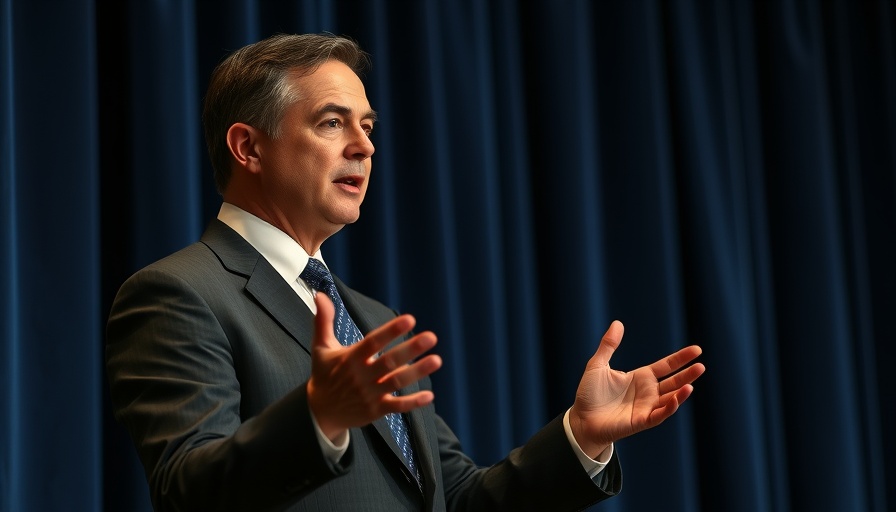
The Clash of Tradition and Modernity in Sports
In a recent statement, former President Donald Trump voiced his support for sports teams retaining their Native American names, a move that has sparked significant debate across the nation. Trump argues that these names honor Native American heritage rather than disrespect it, positioning himself against the growing trend of teams like the Washington Redskins and the Cleveland Indians, which have changed their names amid rising cultural sensitivity.
Understanding the Impact of Cultural Symbols
The cultural significance of Native American names in sports is vast. For many, these names represent pride, strength, and a tribute to Native American culture. However, critics contend that using these names reinforces stereotypes and can be viewed as cultural appropriation. This ongoing dialogue highlights the delicate balance between maintaining tradition and acknowledging the perspectives of marginalized communities.
Current Events: Rising Tensions and Divisive Reactions
The debate over Native American team names is not only a sports issue; it's emblematic of larger societal tensions. As we broaden our understanding of cultural appropriateness, numerous national news headlines reflect diverse opinions on the topic. Some support maintaining these names to preserve tradition, while others advocate for change to foster greater inclusivity.
Insights Into Public Sentiment
Polling data suggests that public opinion remains deeply divided on the issue. According to recent surveys, a substantial segment of the population supports keeping these names, believing they honor Native American culture. In contrast, many younger demographics advocate for change, perceiving these names as outdated and offensive. This divergence demonstrates how generational perspectives can shape cultural norms.
Exploring Counterarguments: The Case for Change
Despite Trump's rallying cry, many advocates for change underscore the importance of listening to the voices of Native Americans themselves. Organizations representing Indigenous communities have consistently expressed that such names can perpetuate stereotypes and trivialize their histories. Citing studies that reveal the harmful effects of mascots on Native youth, they call for a reevaluation of cultural symbols in sports.
Future Projections: The Evolving Landscape of Team Names
As Major League teams reconsider their brand identities, the future of Native American team names remains uncertain. With the pressure for social justice and community representation growing, it is likely that more franchises will undergo name changes in the coming years. Whether teams will heed calls for change or continue to uphold traditional names is a question that invites ongoing debate and reflection.
The Bigger Picture: What This Means for Society
The conversation about Native American names in sports serves as a microcosm of broader societal discussions about representation and respect. As the national dialogue evolves, the implications extend beyond the realm of sports and touch on issues of identity, history, and the power of language. It calls for a collective responsibility to create an inclusive environment that respects diverse cultures while recognizing their historical significance.
Conclusion: The Importance of Dialogue
As we witness the landscape of sports change, it is crucial to maintain an open dialogue that considers all viewpoints involved. The push and pull between honoring tradition and adapting to societal growth reflects the dynamic nature of our culture. Engaging in conversations about respect and representation ultimately leads to a deeper understanding of each other.
As the debate continues, staying informed through various news articles and sources is essential to grasp the complexities of this topic. Engaging in discussion and being open to opposing views will contribute to our growth as a society.
 Add Element
Add Element  Add Row
Add Row 



 Add Row
Add Row  Add
Add 


Write A Comment